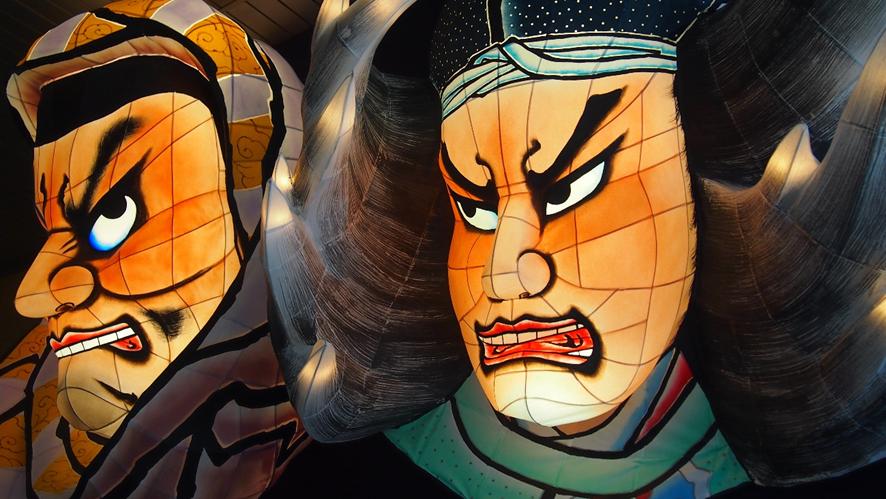When to travel?
Just like other prefectures in Tohoku region, the winter weather in Aomori is not easy.

Best season: Apr-Oct
Winter activity: Dec-end of Apr
Cherry blossoms: end of Apr
Foliage: Oct-Nov
Events / Festivals
Feb: snow lantern festival(弘前城雪竿燈まつり), Hirosaki 弘前
Apr-May: Cherry blossom festival (弘前さくらまつり), Hirosaki 弘前
May-Sep: Tambo rice field Art (田んぼまつり), Inakadate 田舎館
July-Aug: Nebuta(ねぶた祭)Aomori and Goshogawara五所川原
Aug: Neputa(ねぷた祭), Hirosaki 弘前
Oct-Nov: Foliage and chrysanthemum festival (弘前城菊と紅葉まつり), Hirosaki 弘前
Dec-Mar: Stove train (ストーブ列車), Goshogawara 五所川原
Touristic spots

Capital city: Aomori (青森)
40 minutes away from Aomori Airport, you can reach the prefecture’s capital. The city is rather compact but with some touristic sites, including the World heritage site Sannai Maruyama ruins (三内丸山遺跡).


Hirosaki (弘前)
Hirosaki is the second biggest city after Aomori.The city has Hirosaki castle where you can feel Japanese history. During the time of cherry blossoms and foliage, they hold some festivals. Even in summertime, there is Neputa festival(ねぷた祭), as well as snow lantern festival in winter! This means that you can enjoy seasonal events whenever you visit the city.


Mt. Osore (恐山)
The mountain is located in the Shimokita peninsula, and it is believed that the mountain is where we can communicate with dead person. It is one of the three most sacred mountains in Japan, and there are few ladies called Itako(イタコ) to convey the message from the dead person. Some hot springs are also available, and you can enjoy a short trip to Hotokegaura(仏ヶ浦), which is a highlight of Shimokita peninsula.


Asamushi Hot spring(浅虫温泉)
Aomori’s most known hot spring. Located 1 hour from the Aomori city center, the hot spring has a relaxing ambiance with a marvelous view of Mutsu Bay. There are also beach, ski, aquarium and amusement park which will never make you bored.

Sukayu Hot spring (酸ヶ湯温泉)
Probably one of the most unique hot springs in Japan. The hot spring is rather for treatment than as a resort, the water contains a lot of minerals and shows strong acidity, which makes the watercolor pale blue. The bath is made from Khiva trees, and it is as large as 1000 people can take a bath at a time.


